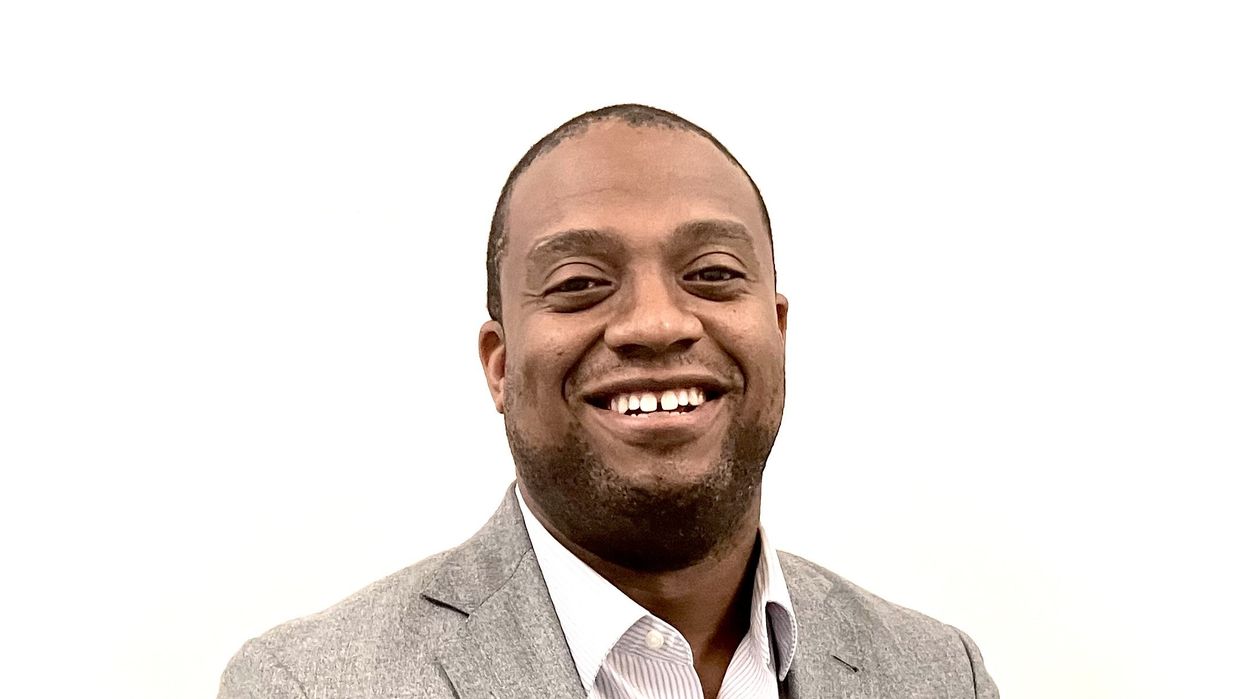Nevins is co-publisher of The Fulcrum and co-founder and board chairman of the Bridge Alliance Education Fund.
I had the honor to interview James-Christian Blockwood on March 21 for CityBiz.
Blockwood is executive vice president of the Partnership for Public Service, which believes that our future and our democracy depend on our ability to solve big problems — and that we need an effective federal government to do so. For more than 20 years, the Partnership for Public Service has helped make this vision a reality, helping our government — the public institution most fundamental to our democracy — address the challenges of the moment and those to come.
As executive vice president, Blockwood helps with overall strategy and management of the organization, and directly oversees its programs dedicated to improving the effectiveness and efficiency of the federal government.
He is passionate about serving others and his country. He is a former career member of the senior executive service in the U.S. government and has broad experience in leadership and management, strategic planning, national security, and foreign affairs. He has helped transform and build new capabilities at the Defense, Homeland Security, and Veterans Affairs departments as well as the Government Accountability Office.
He has a deep appreciation for the career civil servant — the consummate good steward that works tirelessly and faithfully on behalf of the American people.
The Partnership for Public Service takes bold action to develop effective leaders and address critical talent gaps; increase employee engagement and recognize excellence in the federal workforce; promote innovation and collaboration; rebuild public trust in government and help agencies meet customer needs; and strengthen the presidential transition process.
The organization serves as a bridge between administrations, across the political aisle and from the public to the private sector to develop forward-thinking solutions that improve the way our government works.
Fulfilling its mission also means embracing diverse voices, perspectives and discourse within and outside the organization, through fairness and equity — values rooted in our representative democracy.
Watch the interview to learn the full extent of Blockwood’s remarkable work and perhaps you’ll become more civically engaged as well.
The Fulcrum Democracy Forum Meets James-Christian Blockwood, Exec. VP,Partnership for Public Servicewww.youtube.com




















Trump & Hegseth gave Mark Kelly a huge 2028 gift